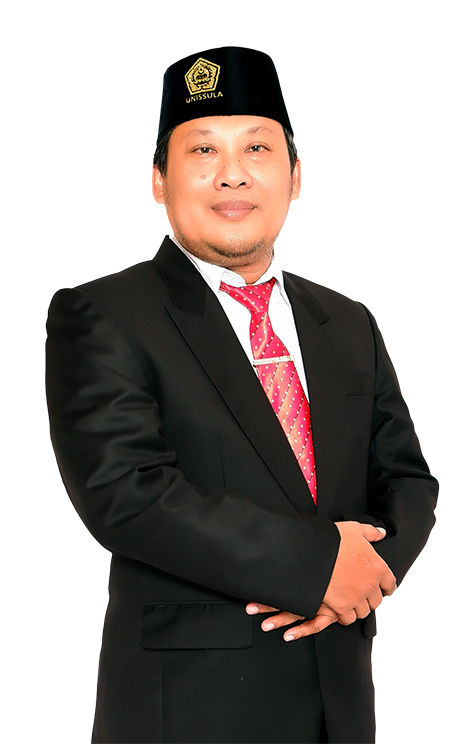Faculty of Medicine, UNISSULA, is one of the best medical faculties in Indonesia with more than half a century of educational experience. The faculty was founded on October 10th, 1963. Less than 17 months after the establishment of the Universitas Islam Sultan Agung, on May 20th, 1962, it received the registered Decree No. 74/B.S.T/P/64 on February 28th, 1964, signed by Moh. Sa’id, the official Head of the Private Higher Education Bureau, the Department of Higher Education and Sciences.
The establishment of the Faculty of Medicine, UNISSULA, was driven by the demands of the need and the huge public interest in the existence of a Medical Faculty. In that year, the only Faculty of Medicine in Central Java was the Faculty of Medicine, UNDIP, which was able to accommodate only 100 students from 3000 candidate students, while the existing policy made it difficult for candidates from Central Java to be accepted in West Java and Java East.
That condition made the establishment of the Faculty of Medicine, UNISSULA, immediately gained supports from the community, especially the Central Java community and obtained full approval from the officials at the time, both in Semarang and in Jakarta. The establishment of the Faculty of Medicine, UNISSULA, cannot be separated from the efforts of the founders to participate together with the government to graduate doctors in order to improve the health level of the entire Indonesian people.
The Faculty of Medicine, UNISSULA, is located on Jl. Raya Kaligawe Km.4 Semarang. Since the beginning of its establishment, the Faculty of Medicine, UNISSULA, has had a teaching hospital, the Rumah Sakit Islam Sultan Agung (RSISA), that is located in one shade of Yayasan Badan Wakaf Sultan Agung (YBWSA). Its location is next to the Faculty of Medicine, UNISSULA. This gives benefits in making the teaching and learning process run smoothly both at the campus (bachelor level) and in the clinic (clinical / coass).
As the development of Sciences and Technology in the process of medical education and the national curriculum of higher education in which it is based on competencies, since 2005 Faculty of Medicine, UNISSULA, carried out an educational innovation, that is implementing competencies-based curricula using methods of Problem-based learning (PBL). In determining the method of PBL, several basic considerations of education were used, such as the presence of a paradigm of outcome-based education (outcome-based education) and the shift of strategies used in the curriculum from teacher-centred, information gathering, discipline-based, hospital-based, uniform, and apprenticeship based to student-centred, problem-based, integrated, community-based, elective, and systematic (SPICES model).
According to the theory of human information processing, three important principles should be observed in the searching process for information in teaching-learning: activating prior knowledge, encoding specificity, and elaborating knowledge. These three principles are very consistent with the curriculum based on the problem (PBL); PBL allows students from the first year and subsequent years to have the opportunity to develop the three such principles. Therefore, our choice in this curriculum innovation is PBL.
In PBL, students are introduced to the learning method in the form of small group discussion (SGD) using modules. Within these modules, there is an integration between each discipline among biomedical sciences, humanities, clinical medical sciences and community medicine sciences. This system also invites students to be sought actively in the acquisition of knowledge, by determining their own learning goals. Through PBL, the length of education changes from 6 years to 5 years, i.e. 3.5 years in the Bachelor’s Study Programme and 1.5 years in the Profession of Medical Doctor Programme. Students are entitled to hold a doctor’s degree after graduating from the Student Competence Examination of the Profession of Medical Doctor Programme (UKMPPD), while to be able to carry out the independent practice, the graduates must follow a 1-year internship programme in health care units such as puskesmas and hospitals based on Law No.20 Year 2013 on Medical Education. The management of internship activities is carried out by the government through Departemen Kesehatan (DEPKES).
Since its establishment, the Faculty of Medicine, UNISSULA, has cooperated with many parties, such as the Faculty of Medicine of UNDIP, the Faculty of Medicine of UNS, Military Hospitals, Psychiatric Hospitals, District Hospitals, the Department of Health and others. In addition, the Faculty of Medicine, UNISSULA, also cooperates with national and foreign educational institutions to develop Hospital Teaching, Medical Education, Nursing and Pharmacy.

